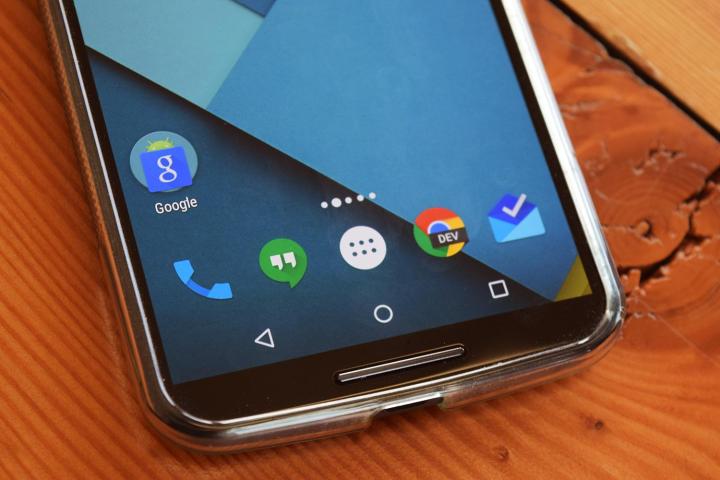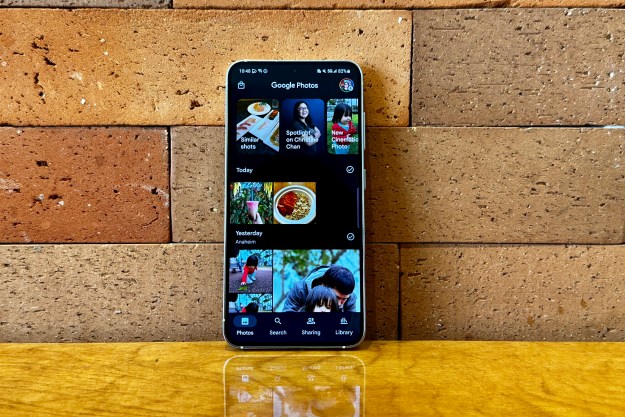
The thrust of the FTC’s latest Google scrutiny, which is the result of an agreement with the Justice Department, comes from tech company representatives who argue that Google gives its bundle of services and apps priority over others on Android and that the company stifles their access to the operating system, according to Bloomberg, citing two sources familiar with the matter.
This investigation, which was given the green light in the past few months, has positioned Google as the new Microsoft. In 1998, Microsoft was accused of putting up walls around its software empire by preventing computer manufacturers from promoting Web browsers not named Internet Explorer. Four years later, the company changed its tune and settled the antitrust case.
The question in the FTC’s latest investigation is whether Google’s bundling of apps and services is anticompetitive. While companies like Samsung and Motorola can package Android with their own apps, they’re still required to include basic Google apps like Gmail, Google Maps, and Search. This “home-screen advantage” has led a number of mobile app makers to cry foul to the Justice Department, according to The New York Times.
Android is the top smartphone operating system in the U.S., finishing the three months ending in July with 51.4 percent of the market, according to comScore.
Google is no stranger to the FTC’s steely stare. In 2011, the commission opened an investigation into Google’s search business, which also involved mention of Android. A case was ultimately not brought against Google.
Earlier this year, the European Union accused Google of abusing its dominant position to manipulate search results. A separate investigation of Android is ongoing.
Editors' Recommendations
- Google just released the first Android 15 beta. Here’s what’s new
- These are the best Android 15 features you need to know about
- Google just announced Android 15. Here’s everything that’s new
- Sharing files on Android is about to get much easier
- There’s something about the Google Pixel 8 that worries me

